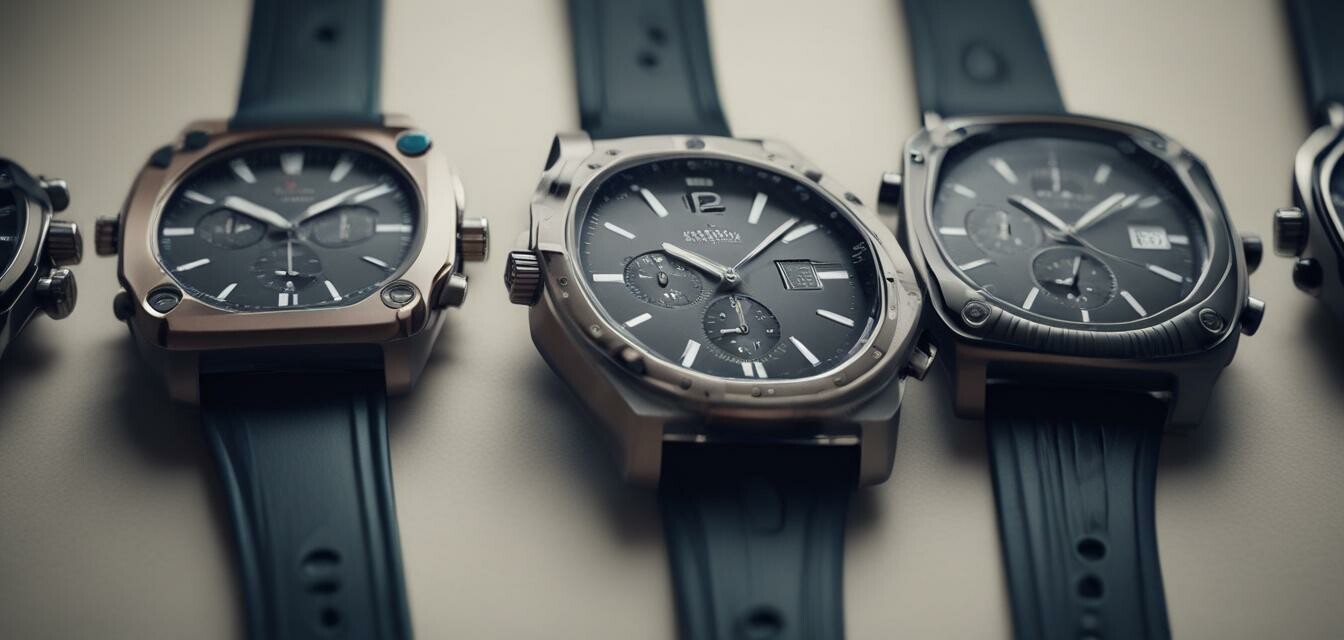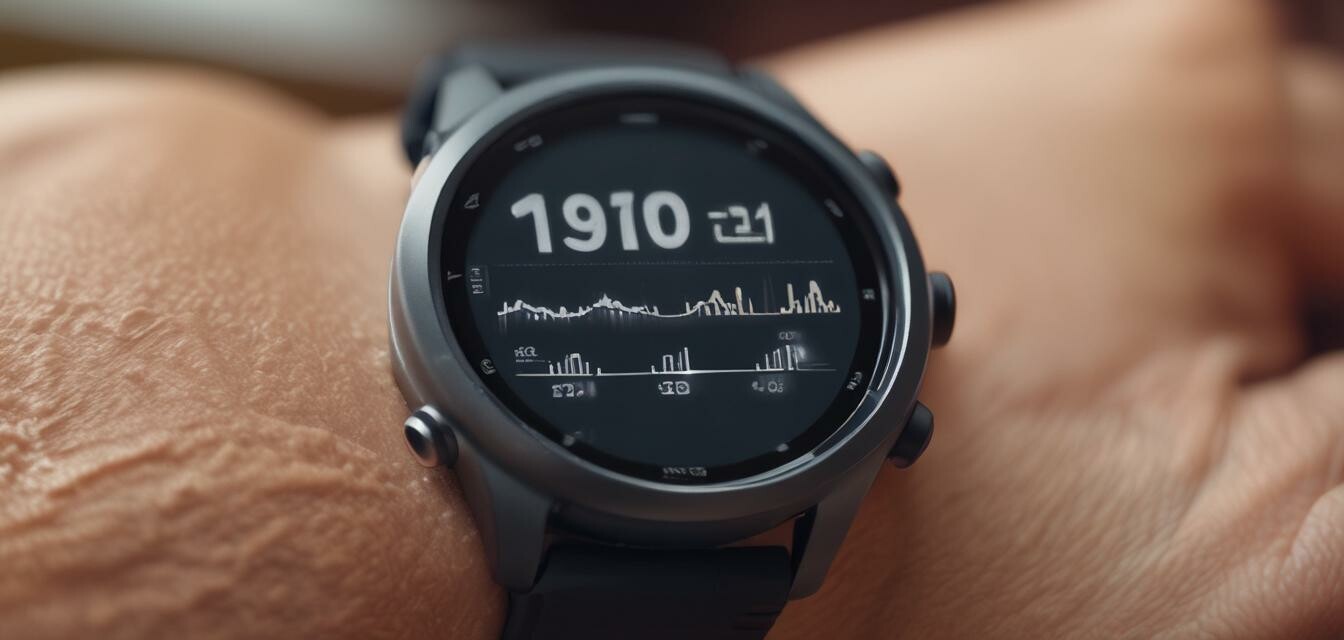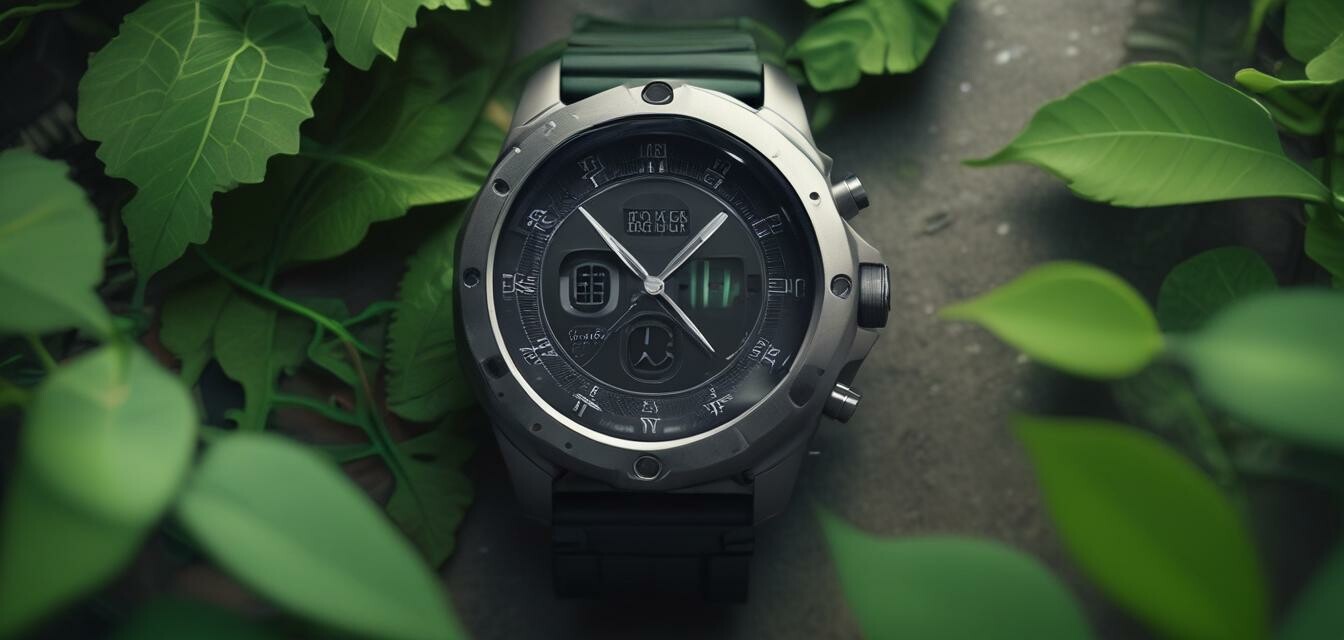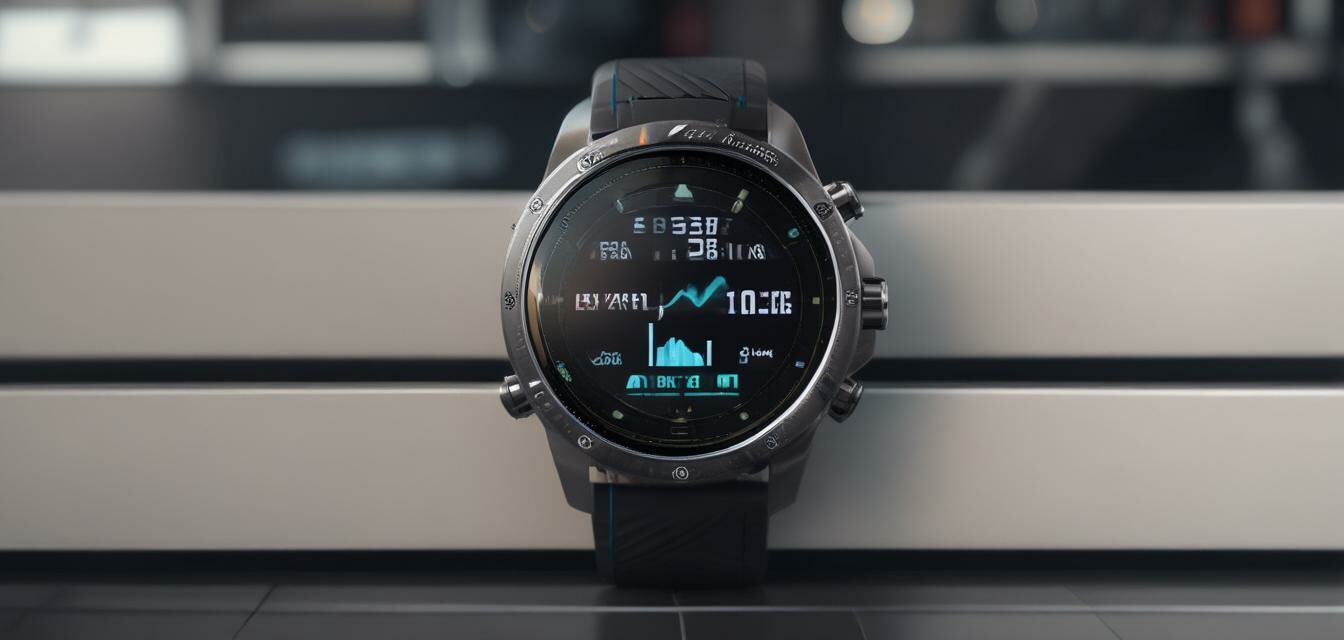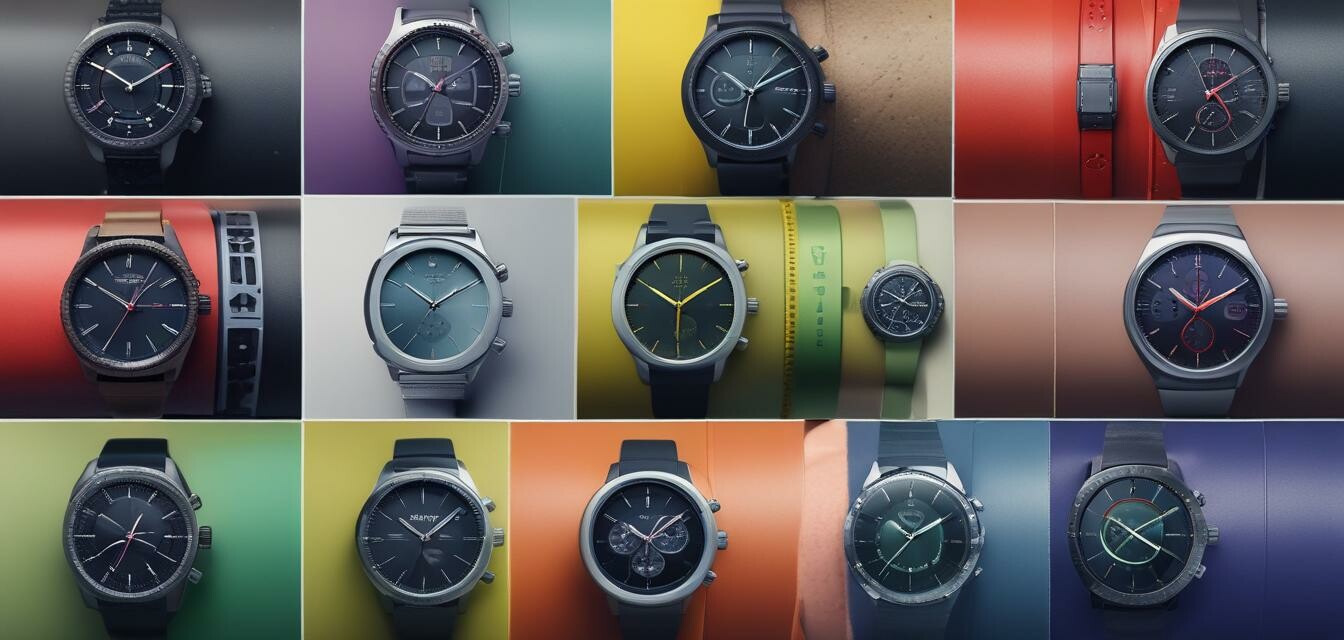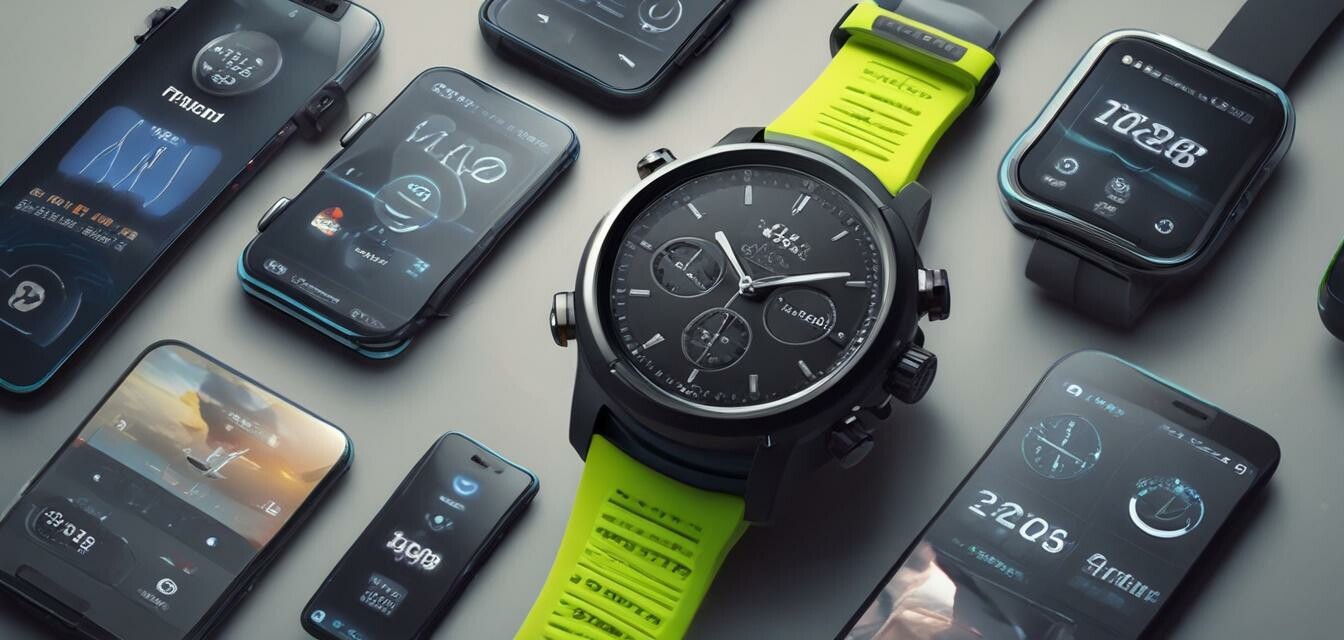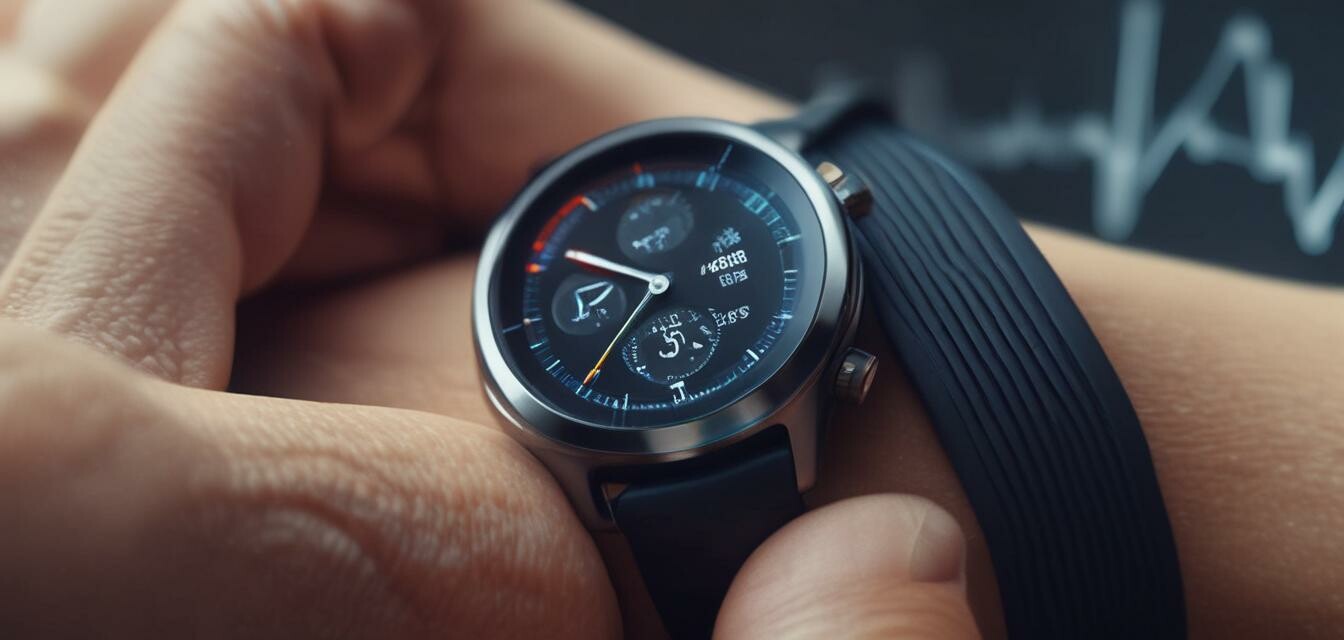
Fitness Watch Buying Guide
Are you in the market for a new fitness watch, but not sure where to start? With so many options available, it can be overwhelming to choose the right one for your needs. In this guide, we'll break down the key features to look for, popular brands, and budgeting tips to help you make an informed decision.
Key Takeaways
- Determine your fitness goals and needs
- Choose a watch with the right features (e.g. heart rate monitoring, GPS, water resistance)
- Consider popular brands such as Fitbit, Garmin, and Apple
- Set a budget and stick to it
Step 1: Determine Your Fitness Goals and Needs
Before you start shopping, it's essential to determine what you want to achieve with your fitness watch. Are you a casual runner, or do you participate in triathlons? Do you want to track your daily activity, or monitor your sleep patterns? Knowing your goals will help you narrow down the features you need.
| Feature | Description |
|---|---|
| Heart Rate Monitoring | Tracks your heart rate in real-time, providing valuable insights into your physical activity |
| GPS | Allows for accurate distance tracking, pace, and route monitoring |
| Water Resistance | Enables you to wear your watch while swimming, surfing, or engaging in other water-based activities |
| Sleep Tracking | Monitors your sleep patterns, providing insights into your overall sleep quality |
Step 2: Choose a Watch with the Right Features
Now that you know what features you need, it's time to explore the different types of fitness watches available. We've categorized them into five main groups:
- Fitness Trackers: Ideal for casual athletes, these watches focus on daily activity tracking and basic fitness metrics
- Health Monitors: Designed for individuals with specific health concerns, these watches provide advanced health metrics and monitoring
- Hybrid Watches: Combining traditional watch design with modern fitness tracking features
- Kids Fitness Watches: Fun and engaging watches designed specifically for children
- Smartwatches: Advanced watches that integrate fitness tracking with smart features like notifications and music control
- Specialty Sports Watches: Designed for specific sports, such as triathlon, running, or cycling
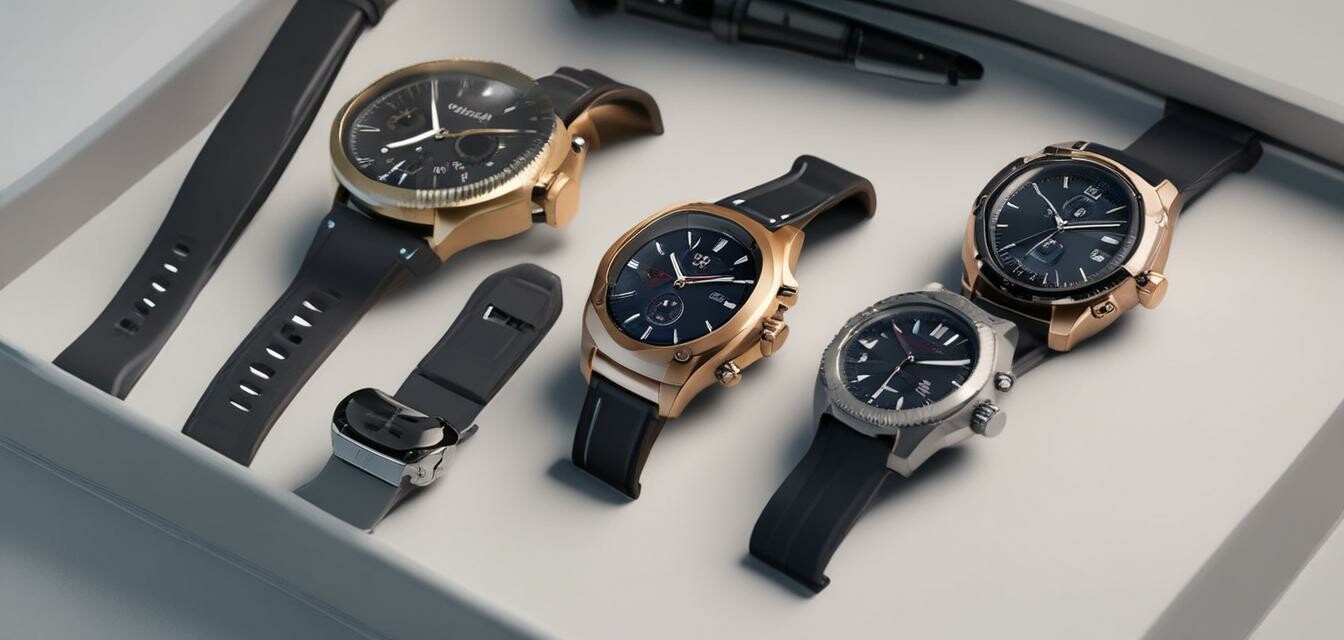
Step 3: Consider Popular Brands
When it comes to fitness watches, there are several reputable brands to consider. Here are a few popular options:
- Fitbit: Known for their user-friendly interface and affordable prices
- Garmin: Popular among serious athletes, offering advanced GPS and performance tracking features
- Apple: Integrates fitness tracking with smart features, ideal for those already invested in the Apple ecosystem
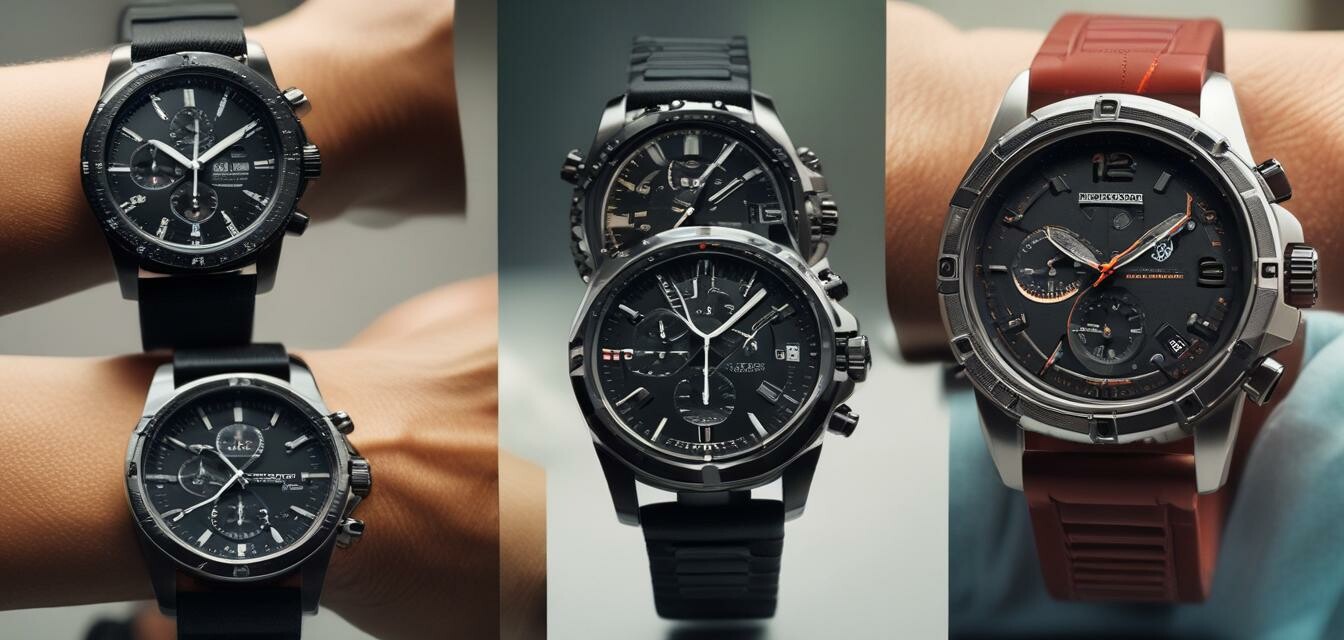
Step 4: Set a Budget and Stick to It
Fitness watches can range from under $100 to over $1,000. It's essential to set a budget and stick to it to avoid overspending. Consider the features you need, and prioritize your spending accordingly.
| Price Range | Features |
|---|---|
| Under $100 | BASIC: Heart rate monitoring, pedometer, sleep tracking |
| $100-$300 | MID-RANGE: GPS, water resistance, notifications |
| $300-$500 | ADVANCED: Advanced GPS, performance tracking, music control |
| Over $500 | Premium: High-end materials, advanced health metrics, cellular connectivity |
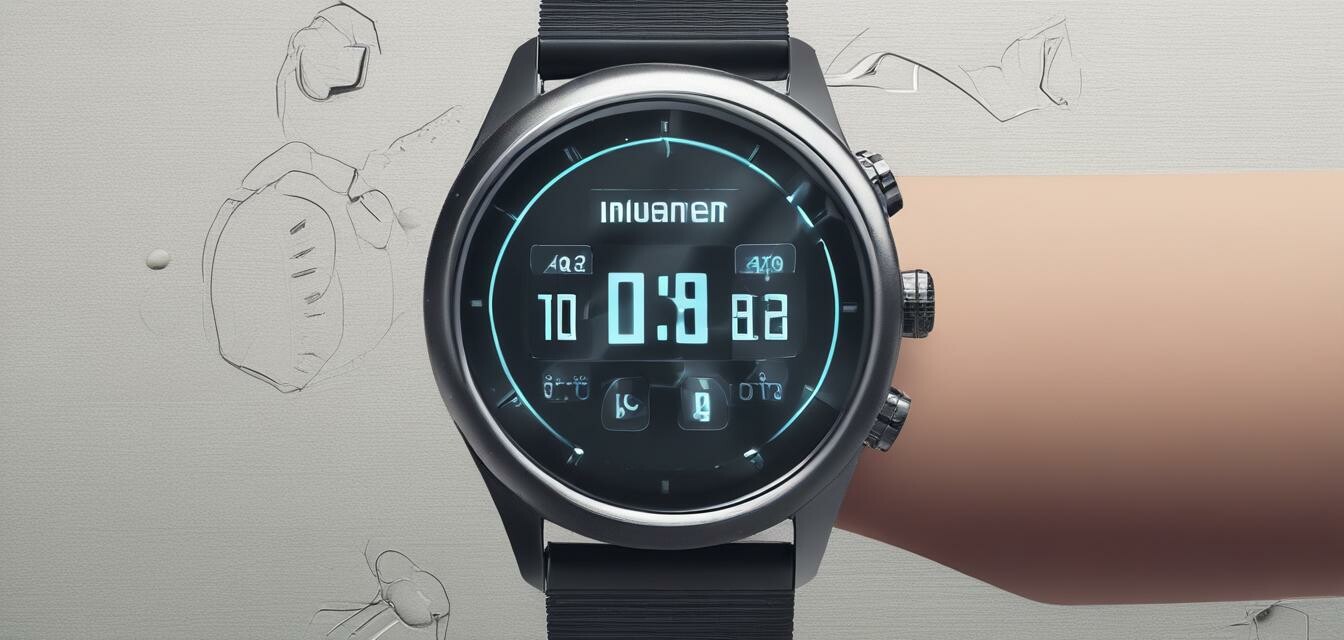
Pros
- Accurate fitness tracking
- Motivation to stay active
- Convenient health monitoring
Cons
- Initial investment
- Steep learning curve
- Battery life concerns
Conclusion
Choosing the right fitness watch can be a daunting task, but by following these steps, you'll be well on your way to finding the perfect watch for your needs. Remember to prioritize your goals, features, and budget to ensure a happy and healthy fitness journey.
Beginners Section
- Start with a basic fitness tracker and upgrade as needed
- Explore online resources and tutorials for optimal use
- Set realistic fitness goals and track your progress

